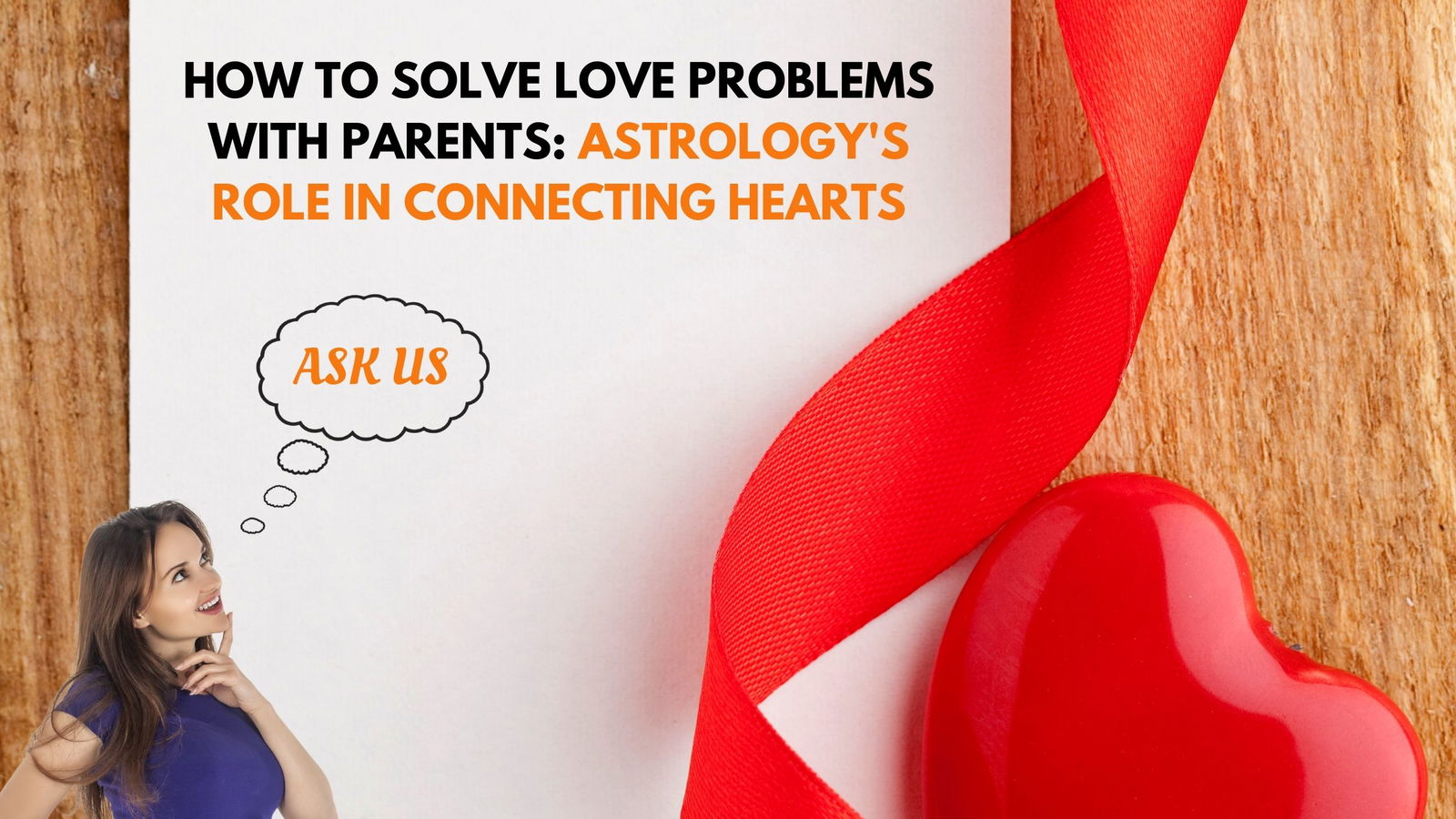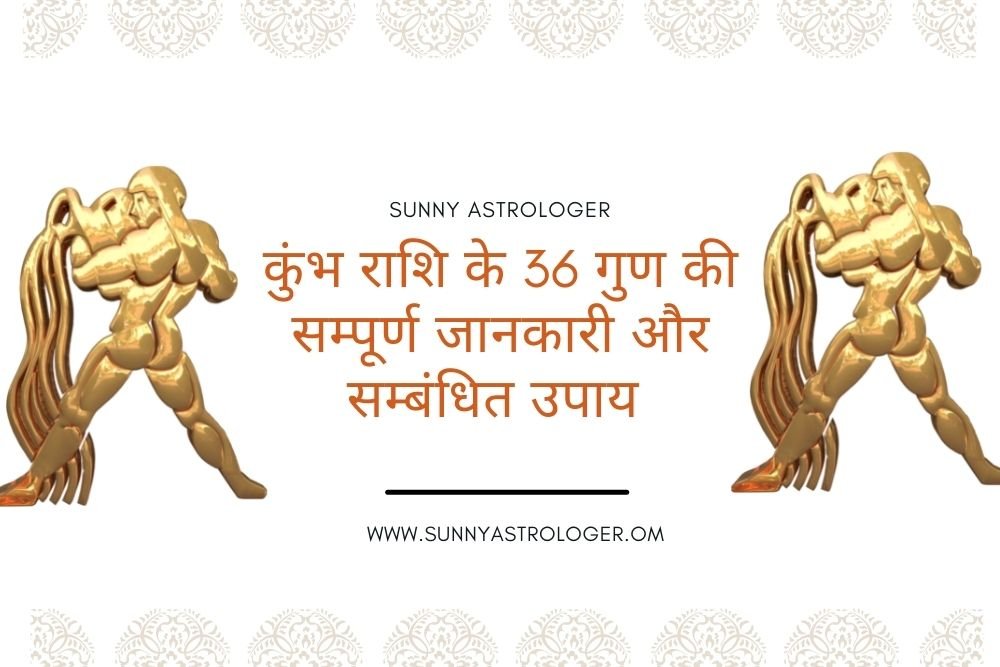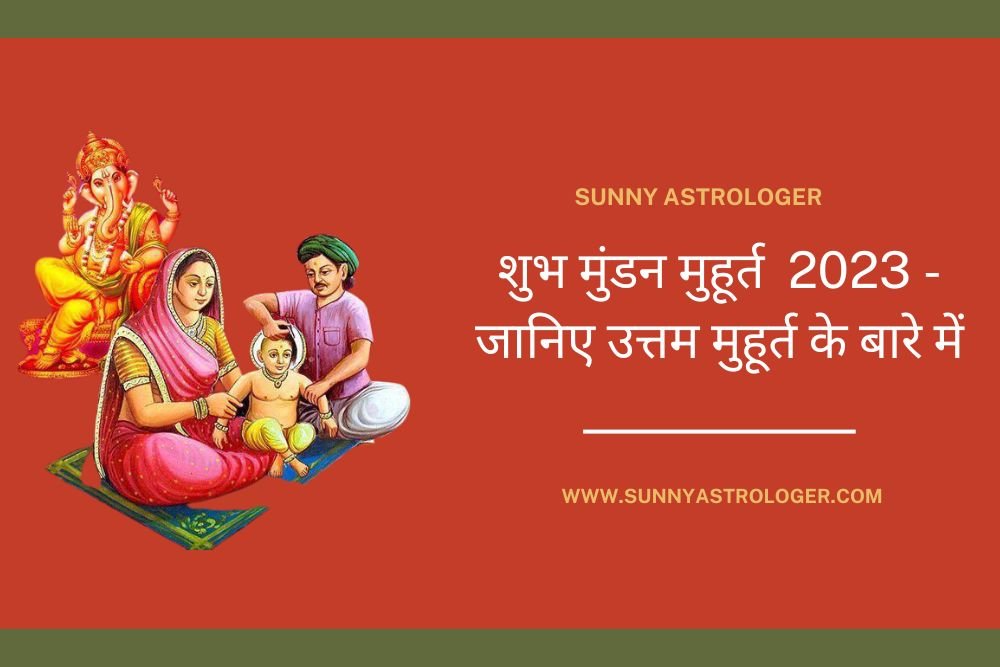
Do and Dont While Fasting
Do’s and Don’t While Fasting
In Hindu tradition, fasting is one of the ways to keep the Gods and Goddesses happy and bestow the devotees with health, wealth and happiness? While fasting, one goes complete vegetarian. Majority of the Hindus observe fast during Navratri or on certain special festivals like janamashtmi, dussehra, diwali and seven days of a week.
People feed on special food items during the days of fasting like singhare ka aata (chestnut flour), kuttu ka aata (buckwheat flour), sendha namak (rock flour), samak ke chawal and sabuddana (tapoica pearls) during Navratris. And in other fasts, they go for puris made out of ordinary flour, aaloo ki sabazi and raita. But it is mandatory to go for saatvik food. Even in vegetarian food, there are restrictions on certain foods like onion, garlic and spices. The non-vegetarian food is strictly prohibited. During Navratris, majority of the shop owners stop selling non-vegetarian foods and there are restaurants that serve special ‘vrat wali thaali’.
The best astrologer in India, Sunny Sharma ji writes, according to the vedic puranas, the religious texts of Hindus, there are 3 categories of food:
* Saatvik
* Rajasvik
* Taamsik
Saatvik as the terms suggest pure, unadulterated, clean, natural and vital. Saatvik food is the unprocessed and plant based food, while other foods catagorised as Rajasvik and Taamsik are fried, oily laden with lots of spices. The latter food category is often a cause of many health ailments.
During fasting, it is advised to have only one single meal a day or to be on the diet of fruits and milk for the entire day. The diet of fruits is referred to phalahar. There are certain fasts like Karwachauth or nirjalla ekadashi to name a few, where you have to go completely without food, only one meal at dusk (after the seeing a moon or the stars) or dawn. In Navratris, you have the flexibility to keep 2 fasts in entire 9 days or the whole of 9 days.
Do’s and don’t for fasting:
* Eat small portions of meal in a day. Even a glass of buttermilk is considered as a meal.
* Include lot of dry fruits and fruits in your diet that fuels your body with energy.
* Do not overeat while fasting.
*Limit your caffeine intake.
* Avoid Fried Food.
* While overeating is prohibited in fasting, deprivation is also not recommended. Fasting doesn’t mean starving. In scientific terms, it is a way to detox your body. If you notice, Navratri comes twice a year - in October and March, which is a month for season change. Hence, before new season begins, it is a way to detox and reenergise your digestive system.













